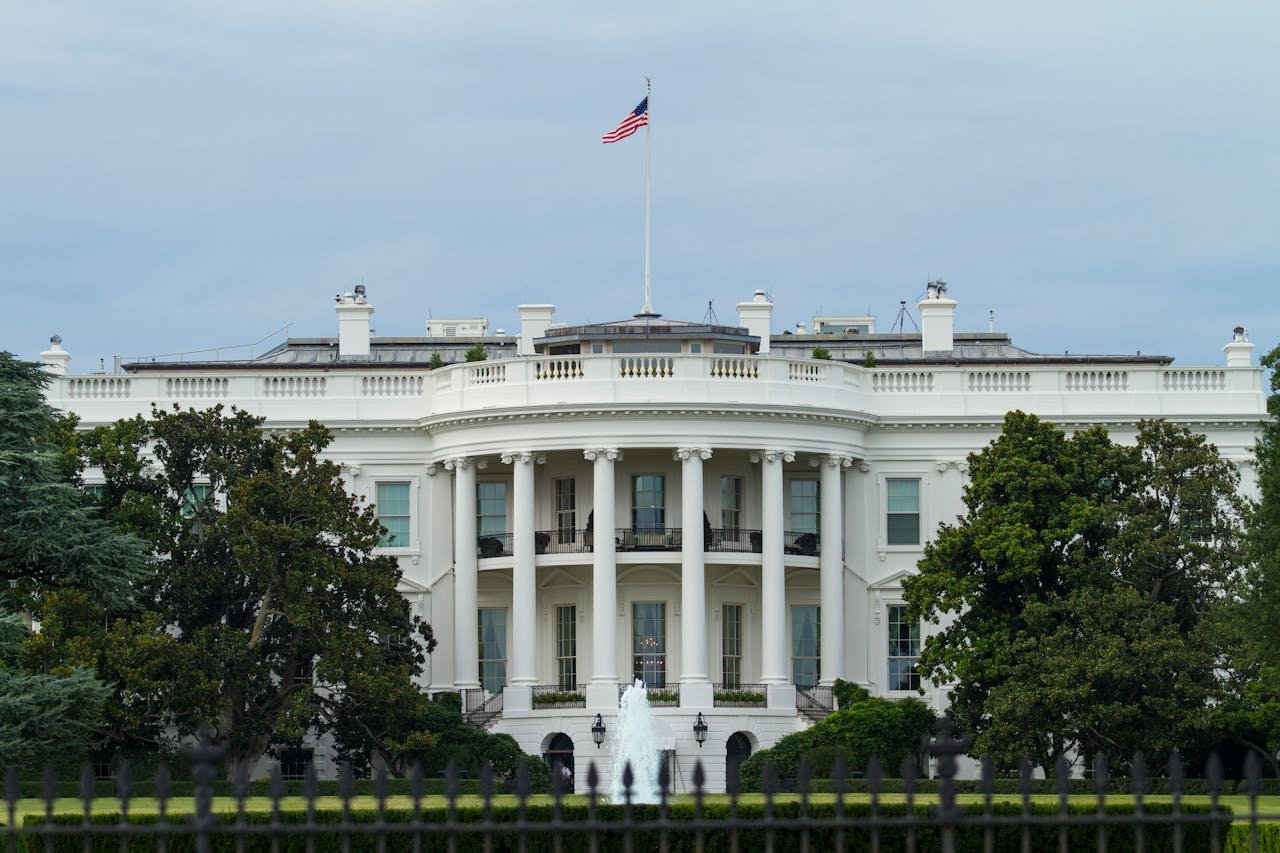
In a landmark decision that signals a significant shift in U.S. energy policy, President Joe Biden announced on May 16, 2024, that his administration will end new coal leasing in the Powder River Basin, America’s top coal-producing region. This move, aimed at addressing climate change and accelerating the transition to clean energy, has sparked intense debate among environmentalists, industry leaders, and local communities.
The Powder River Basin, spanning parts of Wyoming and Montana, has been the epicenter of U.S. coal production for decades, accounting for approximately 40% of the nation’s coal output. The decision to halt new leases in this region represents a decisive step towards fulfilling Biden’s campaign promise to combat climate change and reduce the country’s reliance on fossil fuels.
In a speech delivered at the Department of Interior, President Biden emphasized the urgency of the climate crisis. “We can no longer ignore the devastating impacts of climate change,” Biden stated. “By ending new coal leases in the Powder River Basin, we are taking a crucial step towards a cleaner, more sustainable future for all Americans.”
Secretary of the Interior Deb Haaland, who joined the President for the announcement, outlined the details of the policy. “Effective immediately, the Department of Interior will cease issuing new leases for coal mining on federal lands within the Powder River Basin,” Haaland explained. “Existing leases will be honored, but no new leases will be granted.”
The decision has been met with mixed reactions. Environmental groups have hailed it as a victory in the fight against climate change. Sierra Club Executive Director Dan Chu praised the move, saying, “This is a watershed moment in our nation’s efforts to address the climate crisis. The Biden administration is showing true leadership by taking on one of the largest sources of carbon emissions in the country.”
However, the announcement has raised concerns among coal industry representatives and local officials in Wyoming and Montana. Travis Deti, Executive Director of the Wyoming Mining Association, expressed dismay at the decision. “This policy will have devastating effects on our communities,” Deti warned. “Thousands of jobs are at stake, and the economic impact on our state will be severe.”
Wyoming Governor Mark Gordon echoed these concerns, vowing to challenge the decision. “We will explore all legal options to protect our state’s interests and the livelihoods of our citizens,” Gordon stated in a press release.
The policy is expected to have far-reaching implications for the U.S. energy landscape. While existing leases will continue to produce coal for years to come, the halt on new leases signals a clear intention to phase out coal production in the long term. This aligns with the Biden administration’s goal of achieving a carbon pollution-free power sector by 2035 and a net-zero emissions economy by 2050.
Energy analysts are closely watching the potential ripple effects of this decision. Dr. Emily Grubert, an energy policy expert at Georgia Tech, noted, “This move could accelerate the shift towards renewable energy sources and natural gas. We may see increased investment in wind and solar projects, particularly in states that have traditionally relied on coal.”
The administration has also announced plans to support affected communities through economic diversification initiatives and job training programs. Labor Secretary Marty Walsh outlined these efforts, stating, “We are committed to ensuring a just transition for coal workers and their communities. Our comprehensive plan includes job retraining programs, investments in clean energy infrastructure, and support for local economic development.”
Despite these assurances, the decision has reignited debates about the balance between environmental protection and economic stability. Critics argue that the policy could lead to increased reliance on foreign energy sources and higher electricity prices for consumers.
As the implications of this policy unfold, all eyes will be on the Powder River Basin and the communities that have long depended on coal production. The coming months and years will likely see legal challenges, economic adjustments, and continued debates about the future of America’s energy landscape.
This decision marks a significant milestone in the Biden administration’s climate agenda and could set the tone for future energy policies. As the nation grapples with the complex challenges of transitioning to a clean energy economy, the end of new coal leasing in the Powder River Basin may well be remembered as a turning point in America’s energy history.
Image by Gage Skidmore and shared under Creative Commons 2.0 license.




